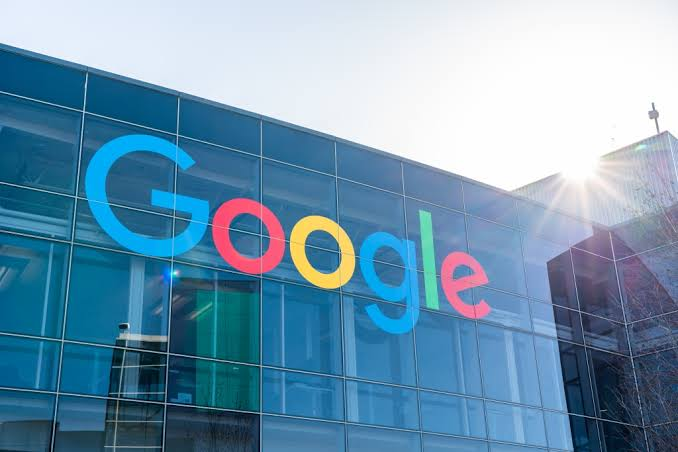iPhone vs Android: A Comprehensive Comparison
In the ever-evolving world of smartphones, the choice between iPhone and Android can be daunting. Each offers a unique set of features and functionalities, making the decision a crucial one for consumers. Let’s delve into the cold, hard facts to help you navigate this decision with confidence.
Overview
iPhone
- Manufacturer: Apple.
- Built-in assistant: Siri.
- Closed hardware and software ecosystem.
- Limited models available at a time.
- Features limited to what Apple implements.
Android
- Manufacturers: Google, Samsung, OnePlus, Motorola, and others.
- Built-in assistant: Google Assistant.
- Variety of features and prices.
- Easy access to apps from official and unofficial sources.
Hardware Diversity
iPhone: With Apple’s tight control over hardware and software, you get a seamless integration, but choices are limited.
Android: Boasts a plethora of options from various manufacturers, providing diversity in features, sizes, and prices.
Operating Systems
iPhone: Runs on Apple’s iOS with regular updates, ensuring stability and security.
Android: Operates on Google’s Android OS, though updates may vary across manufacturers.
App Ecosystem
iPhone: App Store offers a curated selection, prioritizing security over quantity.
Android: Google Play Store boasts a wider variety, including third-party sources, granting more freedom but requiring caution.
Price Range
iPhone: Positioned as premium, generally higher priced, starting from $500.
Android: Offers a wider range, from budget-friendly to premium, catering to diverse budgets and needs.
Security
iPhone: Apple’s closed ecosystem and stringent App Store policies contribute to a more secure environment.
Android: Openness leads to flexibility but may increase vulnerability to malware.
Intelligent Assistants
iPhone: Siri offers basic assistance, while also compatible with Google Assistant and Amazon Alexa.
Android: Google Assistant leads the way with advanced functionalities, providing a more robust AI experience.
Ecosystem Integration
iPhone: Seamless interaction with other Apple devices, offering a unified experience across the ecosystem.
Android: Less integration across different brands, though Google services provide continuity.
Serviceability
iPhone: Repair and customization options limited, often requiring professional assistance.
Android: Offers more user-serviceable options, including battery replacement and storage expansion.
Final Verdict
Both iPhone and Android cater to diverse needs, with iPhone excelling in ecosystem integration and security, while Android offers flexibility and diversity. Consider your priorities, whether it’s hardware choice, app variety, or ecosystem integration, to make an informed decision.
Latest Models
- iPhone 15: Apple’s flagship offering.
- Pixel 8: Google’s latest smartphone.
- Galaxy S24: Samsung’s cutting-edge device.
FAQs
- User Base: Android dominates in numbers due to its affordability.
- Unique Android Features: Guest mode, expandable storage, and direct PC transfers.
- Unique iPhone Features: QuickStart data transfer, integrated money transfer, and FaceTime video calls.
In conclusion, the choice between iPhone and Android hinges on personal preferences and priorities. Evaluate your needs, explore the features, and select the smartphone that aligns best with your lifestyle.










